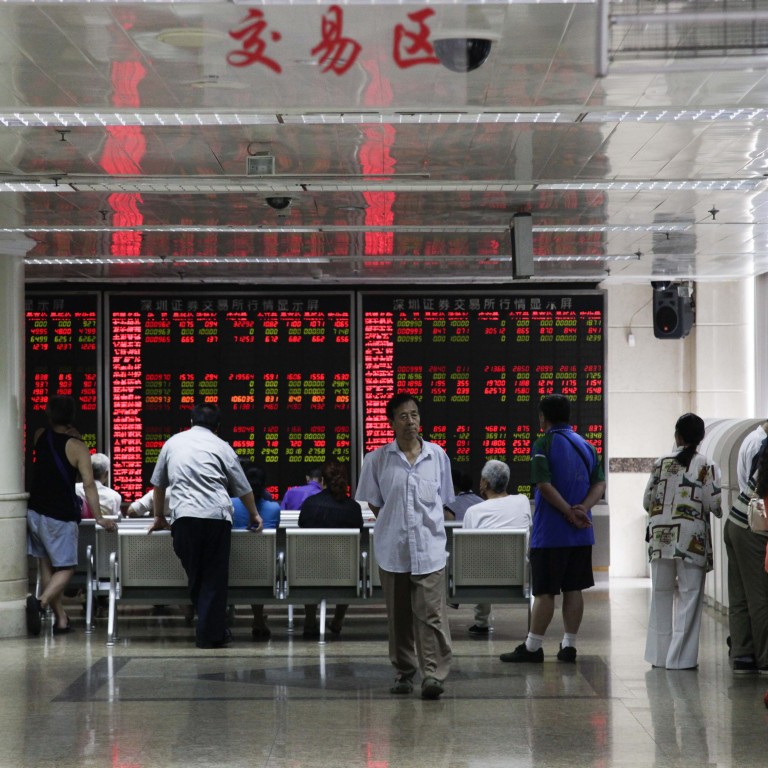
China’s CSRC needs to step up by issuing new rules on companies suspending trading
Lifting the suspension on the more than 300 companies in the Shenzhen stock exchange is a key question on how China can attract overseas investors.
More importantly, how do you prevent the same thing from happening again?
For those who are not familiar, here is brief recap.
In early July, the Shanghai and Shenzhen market had fallen 30 per cent from their peak in mid June, having lost nearly US$4 trillion in value. Some 1,429 companies applied en masse to suspend trading in their shares voluntarily. They accounted for 50 per cent of all companies listed on the two bourses. Among them, 660 companies applied for suspension on a single day, July 8.
The standard almost uniform reason for their suspension was because they have “important projects to process”, which stock brokers believe was a flimsy excuse to prevent their shares from selling off as a rout hit the markets. They reason is that many major shareholders have pledged their shares to banks, which is very common in the mainland, and a sharp fall of the share price may lead the banks to chase then for repayment or forcibly sell off the collaterals on their loans used to buy shares.
One month on, Shanghai has almost recovered from suspension mania. As of Friday, August 7, there were 88 companies still under suspension or only 8 per cent of the total.
Shenzhen however still has 311 firms in voluntary suspension, representing about 18.37 per cent or almost a fifth of the total.
Many of these Shenzhen firms trade at valuations of 100 times P/E, compared with the average P/E in Shenzhen of 47.43 times. A resumption of trading in these companies may mean these firms could take a hit from heavy selling pressure.
China Securities Regulatory Commission (CSRC) should really do something about this, especially given the fact that almost 400 firms in both markets remain under suspension. CSRC should issue a guideline or have policies to prevent such a massive number of listed companies to suspend trading unless they have a valid reason for doing so.
In overseas markets, listed companies which have important projects to announce would only suspend trading for 30 minutes or only some days to announce the deals and then they keep trading.
If China really wants to match international markets for the A-shares to be included in international benchmark such as the MSCI Index, a new suspension policy is now a must.

